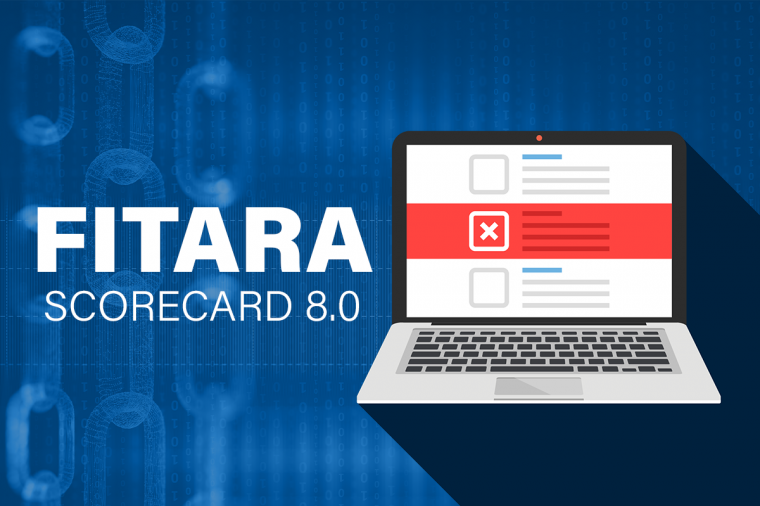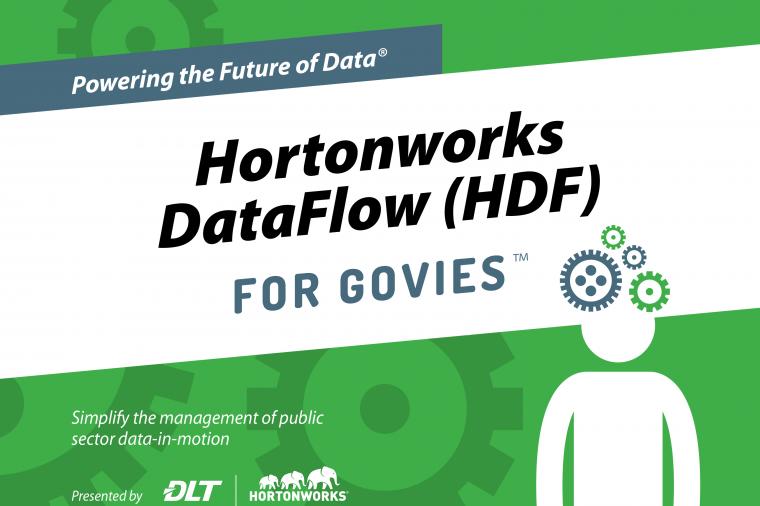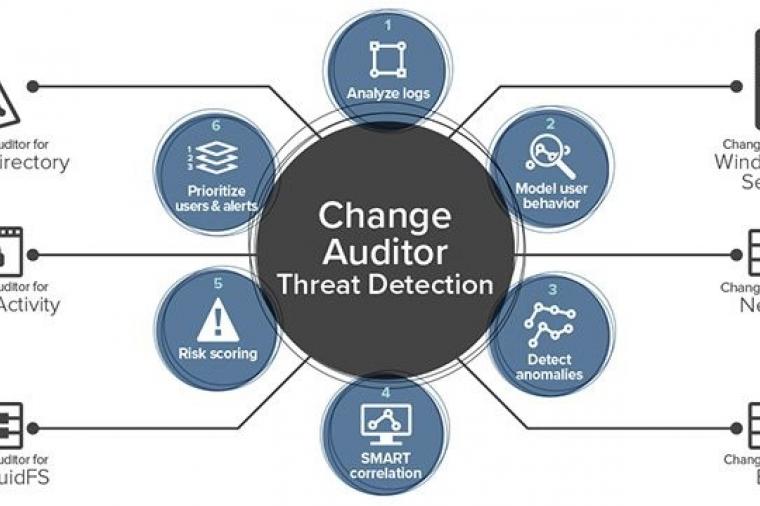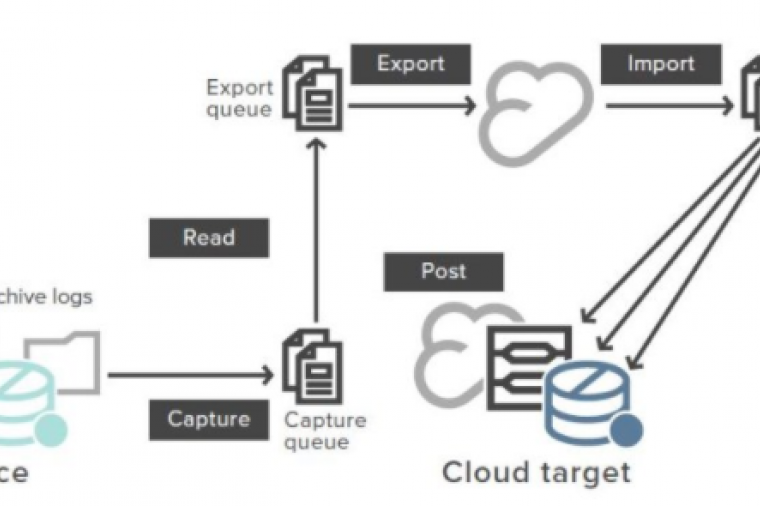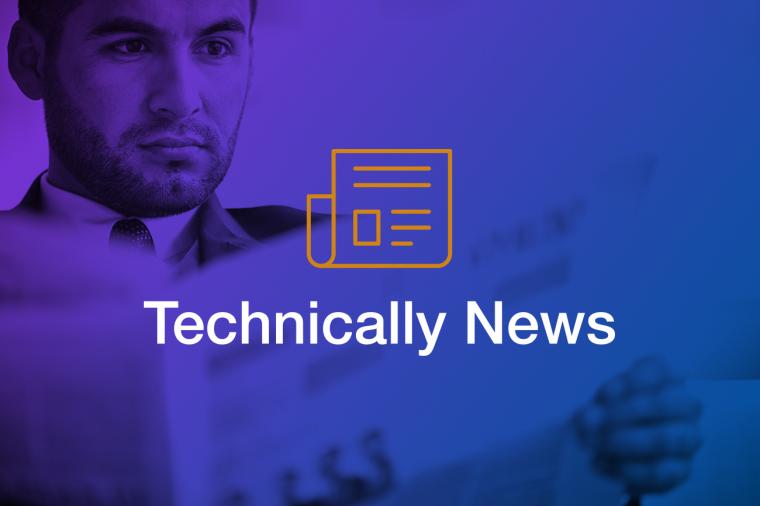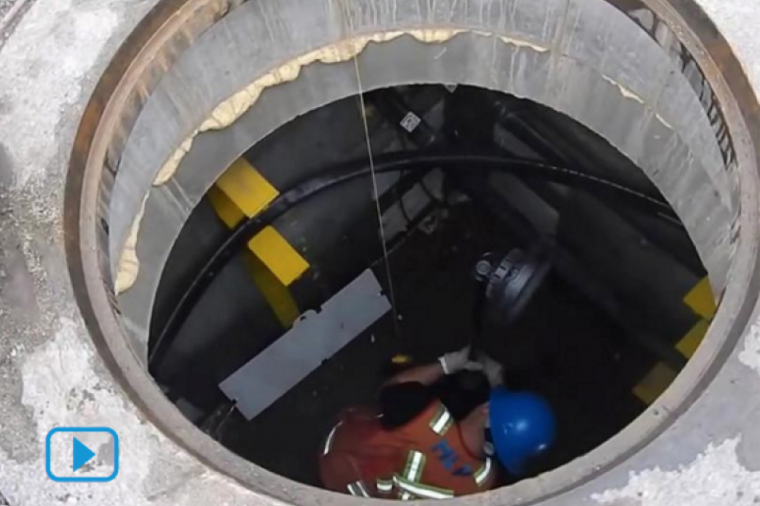The Key to Responding Quickly and Easily to FOIA Requests
Responding to the Freedom of Information Act (FOIA) requests can be a cumbersome and time consuming process for government agencies. It involves gathering massive amounts of data, redacting or removing sensitive information, and sending the required material to the requestor in a timely manner. For many agencies – especially in today’s budget and resource constrained environment – responding to FOIA requests has become an increasingly challenging process.
The Challenge behind FOIA Requests
Government agencies have provided information to public and private citizens through FOIA since 1966. When a request is received, agencies must search through multiple systems with varying types of data, including traditional Word documents, spreadsheets, video, audio, email, and more, in order to locate the required information. Once the data is located, it is then sent to the agency’s legal counsel to ensure accuracy and removal of any classified or personal information. The entire process can take anywhere from a single day to several months depending on the complexity of the request. Agencies must also follow-up with anyone connected to the request to ensure they have been provided with all the required data. Add in processing multiple FOIA requests concurrently, and this lengthy and labor intensive process can lead to serious backlogs. According to a 2011 FOIA report, 644,165 FOIA requests were made in 2011 and of those requests, 83,490 were backlogged.
As budgets for government agencies continue to shrink, it will grow increasingly difficult to keep up with incoming requests.
The Solution: Locate and Gather Data in Less Time
With the right technology, agencies can locate and assemble documents for FOIA requests more efficiently and effectively. The Google Search Appliance connects to any data source, such as SharePoint, SQL, and Oracle databases, and Lotus Domino and Apache servers, to search files quickly. Users can type a phrase or words associated with the FOIA request and the Google Search Appliance will immediately begin compiling data that contains the information in the query. The Google Search Appliance can search over 250 of the most common file formats, and even crawls through geospatial databases, withdrawing data in minutes.
Once all data has been located, the Google Search Appliance compiles the information into a single PDF, making it easier to review. The Google Search Appliance can be customized for a particular agency’s needs, including setting up parameters for the system to identify documents that meet FOIA exemptions and easily redact sensitive information.
Google Search Appliance is simple to install and features dynamic navigation, filter options, and local administration. It is also fully compatible with existing security systems, ensuring data security is not compromised.
Having the power to access all sources of data in your agency in one search eliminates the hassle of having to contact every individual involved with the topic of the FOIA request, thus streamlining government workflow and saving agencies time and money.
Interested in learning more? Check out these great Google Search Appliance resources:
- Using Google Search Appliance for Database Searches (webcast)
- Google Search for the Public Sector (whitepaper)





